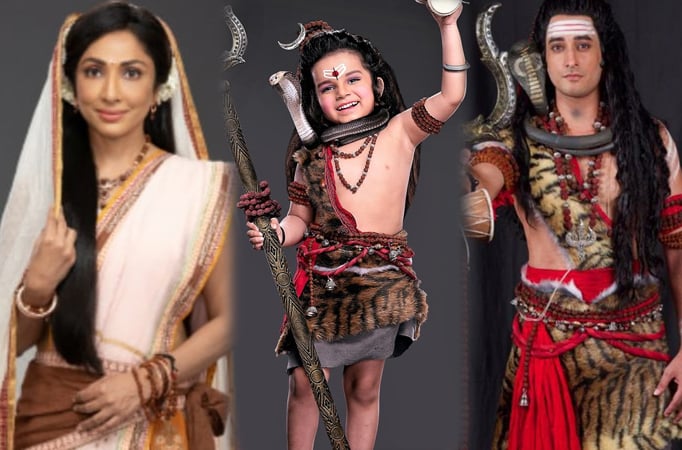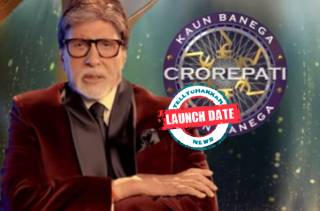
MUMBAI: Mahashivratri is one of the largest and most significant sacred festivals of India. According to Hindu mythology, Mahashivratri translates to the Great Night of Shiva because it is the night when Mahadev performs his heavenly dance known as the Tandav. It is also said to be the day that marks the marriage of Mahadev and Devi Parvati. This year the festival will take place on March 1st. To commensurate Mahashivratri celebrations, &TV's Baal Shiv artists Aan Tiwari (Baal Shiv), Mouli Ganguly (Mahasati Anusuya), and Siddharth Arora (Mahadev) talk about the significance and celebration of the festival.
Conveying his wishes on Mahashivratri, Aan Tiwari, essaying Baal Shiv’s character, says, “Mahashivratri Ki Shubh Kamanayein to everyone. Har Har Mahadev! Mahashivratri holds a very special place in my heart as I am an ardent devotee of Mahadev. His blessing has allowed me to portray Baal Shiv’s character in the show, and I can never be more grateful. I always make it a point to visit the temple to give a sacred bath to Shiva Linga with honey, milk, and water. The audience, too, has showered me with their immense love and affection. People often greet and chant ‘Har Har Mahadev’ whenever they meet me, which itself is so beautiful and powerful.”
Talking about Mahashivratri celebrations viddhi, Mouli Ganguly, essaying Mahasati Anusuya’s character, shares, “Mahashivratri is one of the most revered and sacred festivals, celebrated across the country. It is the darkest night of the month to celebrate the grace of Lord Shiva. It is a night to self-realize introspect to overcome hurdles that hinder our success and achieve spiritual growth. It is an opportunity to disperse limitedness. In some regions, devotees celebrate Maha Shivratri in the morning by observing a full day fast, eating the next day only after taking a bath. While in other regions, ardent devotees observe a fast, perform Shiva puja at Nishita Kaal (midnight), and remain awake throughout the night. Some people even perform puja during all four Parahars. Devotees visit the Shiva temple to offer tulsi, Kumkum, bhang, dhatura flower, and bael leaves to Shiv Linga. The fast is practised seeking the blessings of Lord Shiva and as a test of your determination. Havana Abhishek is also performed in temples where devotees gather and worship in huge numbers and take baths in the river Ganga. Mahashivratri Ki Sabhi Ko Hardik Shubh Kamayein! I wish that Lord Shiva fills into everyone his divine blessings to help in achieving their goals with truth, purity, and divinity.”
Speaking about the significance and history of Mahashivratri, Siddharth Arora, essaying Mahadev’s character, shares, "Mahashivratri is believed to be the night of convergence of Shiva and Shakti, which signifies the masculine and feminine energies that balance the world. According to Hindu scriptures, this is a sacred festival that reminds us to overcome darkness and ignorance in life. As per my knowledge, different legends describe the significance of Maha Shivratri in different ways, and according to one of them, on this very night, Lord Shiv performs Tandav, the cosmic dance of creation, preservation, and destruction. Some legends also say that on Maha Shivratri, offerings of Lord Shiva’s icons can help devotees overcome and let go of their sins and start on the path of positivity, allowing them to reach Mount Kailash and achieve moksha (salvation). Coming from Shiv ki Nagri - Varanasi and getting to essay Mahadev’s role is itself a huge blessing from Lord Shiva to me. I have always been his ardent devotee, and this festival is extremely significant and close to my heart. On Mahashivratri, I wish that may Lord Shiva shower blessings on all and give power and strength to everyone facing difficulties. Har Har Mahadev!
Tune to watch Baal Shiv every Monday to Friday at 8:00 pm, only on &TV!
















Add new comment